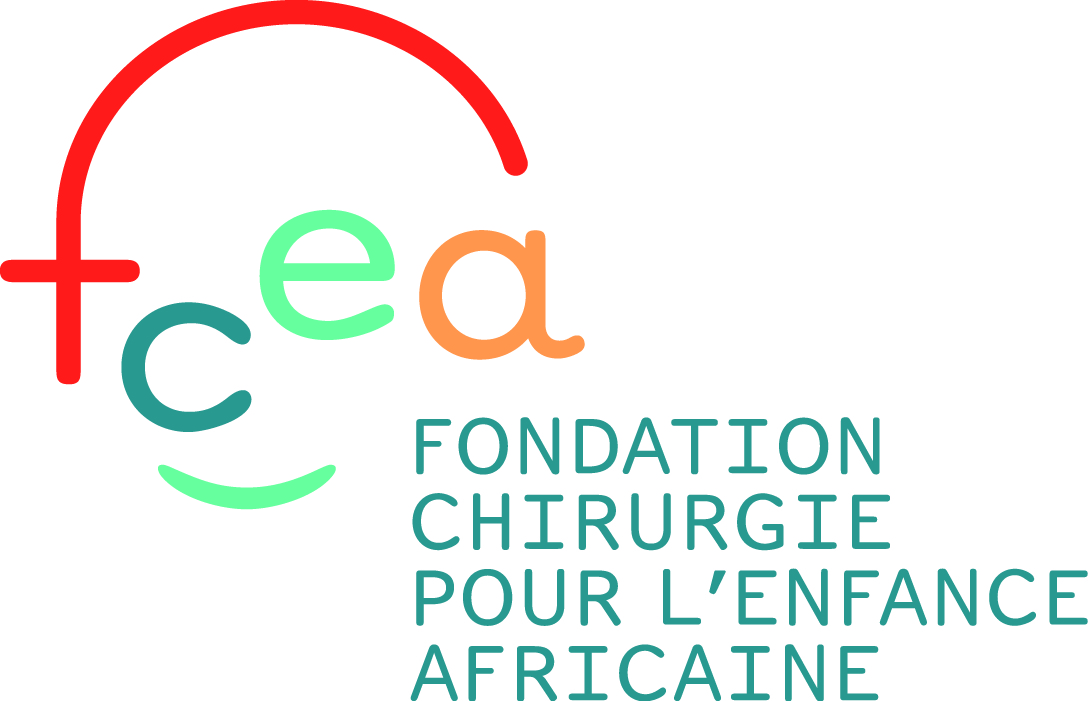Historical Context: Why Benin?
Benin is three times bigger than Switzerland, home to 6 million inhabitants. The capital is Porto Novo home to 231’000. Today’s population largely originates in Ghana, Togo and Nigeria.
Once a French colony, the Republic of Benin passed from a Marxist-leninist regime in 1991 to a democratic government. Many languages are spoken, the most common being French, Fon and Yoruba. Christianity (catholic) and animist (voudou) are the most commonly practiced religions. The economy is based on agriculture, tourism and traditional art.
According to the world report on human development, Benin is considered to be one of the least advanced developing countries as concerns the public health situation.
Analphabetism remains a concern, as is the access to school (especially for girls). A large proportion of the population is financially unable to pay for medical care. Children born with malformations routinely operated upon with success in Switzerland die.
Our choice of Benin goes back over 40 years when Edmond Kaiser, founder of Tdh, made a personal request of Prof. Noel Genton (founder and then head of the pediatric surgery department CHUV) to provide care for children he had seen in Benin who had no other access to surgical care. Prof Genton accepted and the program has been progressing ever since providing care to children of Benin and Togo and sometimes the neighboring countries of Ghana, Nigeria, Burkina Faso and the Ivory Coast.
Regarding the sanitation situation, Benin is classified by the World Health Report on Human Development as one of the least developed countries (sub-group of developing countries).
We work mainly in the department of ZOU which has 1.5 Mio. inhabitants.
%
of the population has access to health care
%
OF THE POPULATION IS ILLITERATE
%
of the population has attended secondary education
%
OF THE POPULATION HAS ACCESS TO SAFE DRINKING WATER
%
Infant mortality rate for children under the age of 5
Contact-us
